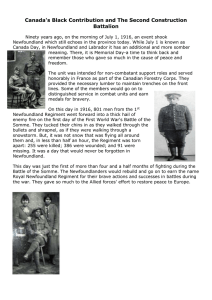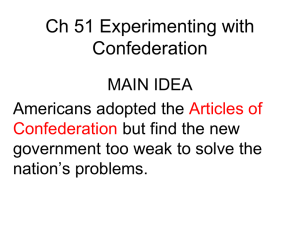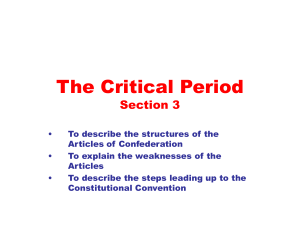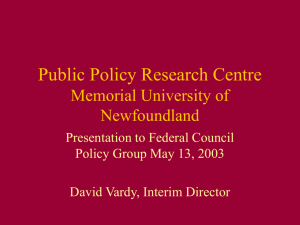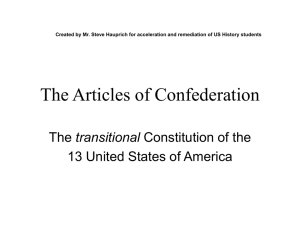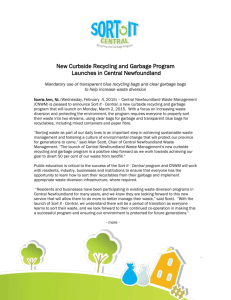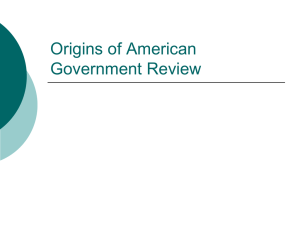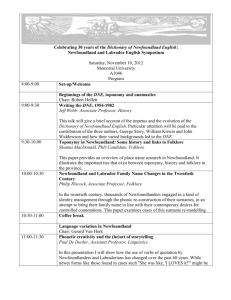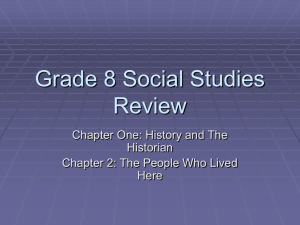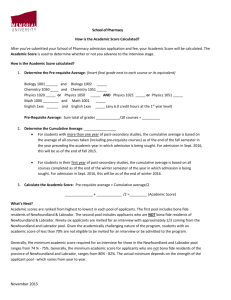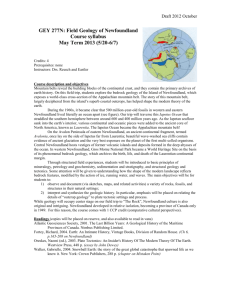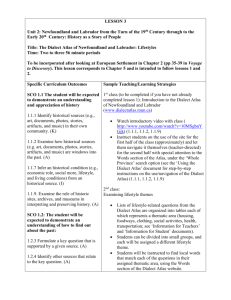Newfoundland and Labrador became Canada`s Tenth Province.
advertisement
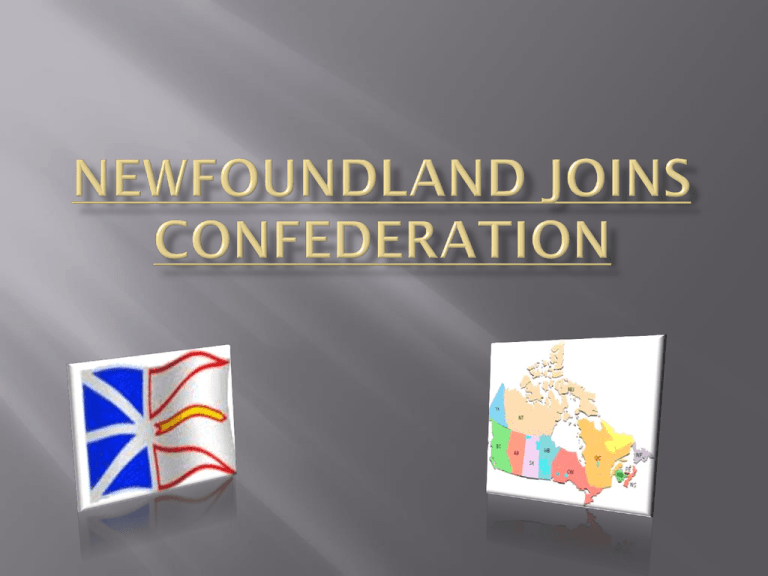
Not all Newfoundlanders were happy with Confederation. Newfoundland had been self-governing since 1855 and had refused Confederation in 1867. The Depression, coupled with the terrible losses of WWI, had hit the Newfoundland economy hard. The British government had to lend aid in 1934. After WWI, Britain did not want the financial burden of Newfoundland. Joseph R. Smallwood led the Newfoundland drive to join Confederation with Canada. For Confederation Against Confederation •Provide money for schools, hospitals, and roads. •Loss of local power, identity, and values. •More jobs. •Economic ruin (Newfoundland could not compete with cheaper Canadian products) •Higher Taxes •End to Roman Catholic Schooling 1st Referendum 3 options: “Status Quo,” stay the same, on their own. Join Confederation Return to the situation in 1934 2nd Referendum Very similar to the first, except the first option was dropped. The people of Newfoundland voted 52% in favour of Confederation, and 48% voted against Confederation. Joey Smallwood became the first Premier of Newfoundland and Labrador. Newfoundland enjoyed the same financial benefits as the other provinces, and special assistance to help boost the economy. The Federal government took over the new province’s debt.
